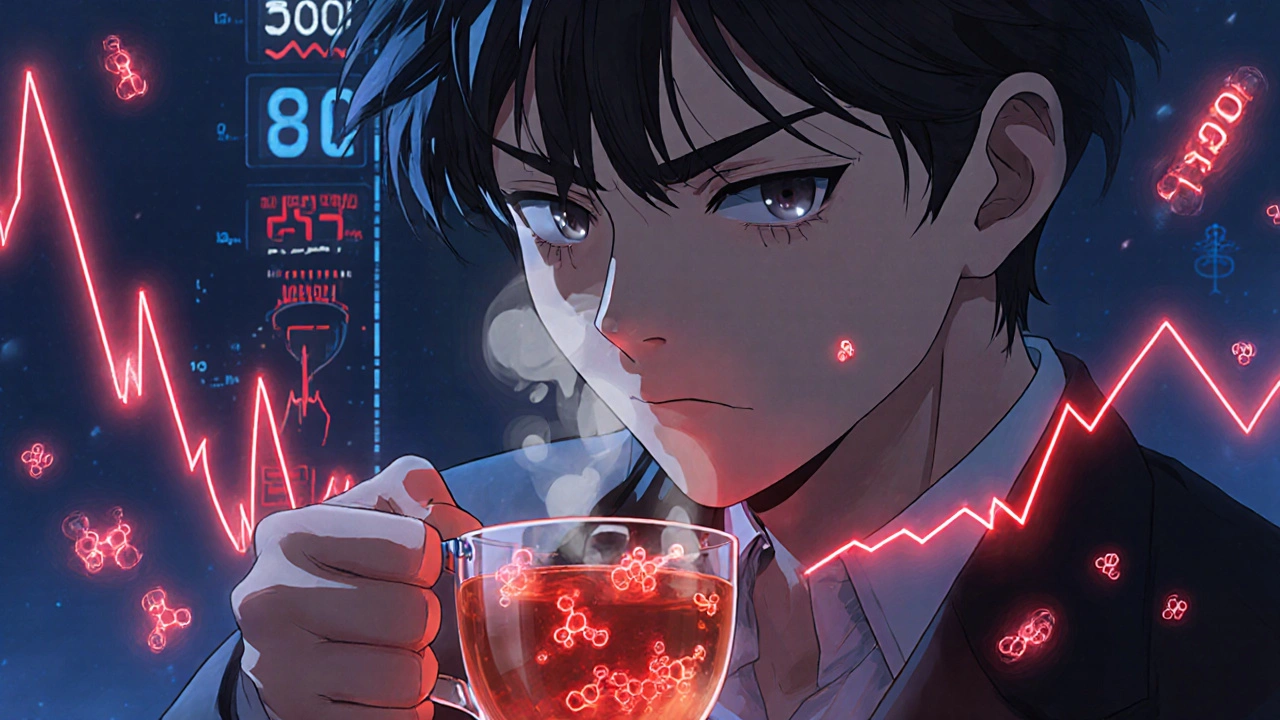
Supplement Safety: What You Need to Know Before Taking Anything Daily
When you pick up a bottle of supplements, concentrated nutrients or herbal extracts sold to support health, often without a prescription. Also known as dietary supplements, they’re not regulated like drugs, which means what’s on the label isn’t always what’s inside. That’s the first thing most people miss. You might think a vitamin D pill or turmeric capsule is harmless because it’s "natural," but natural doesn’t mean safe—especially when you’re already taking blood pressure meds, antidepressants, or diabetes drugs.
Drug interactions, when supplements change how your body processes prescription medications are one of the biggest hidden risks. Take St. John’s Wort—it’s used for mood support, but it can make birth control fail, lower the effect of antidepressants like sertraline, and even mess with chemotherapy drugs. Or calcium supplements: they can block absorption of thyroid meds and antibiotics like ciprofloxacin if taken at the same time. These aren’t rare cases. Studies show over 70% of adults taking supplements also take at least one prescription drug, and many don’t tell their doctor.
Vitamin overdose, toxic levels of nutrients from excessive supplement use is another quiet crisis. Fat-soluble vitamins like A, D, E, and K build up in your body. Too much vitamin D can cause kidney damage. Too much niacin (B3) can fry your liver. Even iron, often seen as harmless, can be deadly in high doses—especially for kids. And don’t assume "more is better." The body doesn’t store excess water-soluble vitamins like C or B12 as "insurance"—it just flushes them out, wasting your money and possibly stressing your kidneys.
Regulation is another gap. In the U.S. and Canada, supplement makers don’t need to prove safety or effectiveness before selling. The FDA only steps in after someone gets hurt. That’s why you see products with hidden stimulants, unapproved steroids, or doses 10 times higher than what’s listed. Some brands are trustworthy, but without third-party testing (like USP or NSF seals), you’re guessing.
So what should you do? Start by asking your pharmacist or doctor what’s safe with your current meds. Don’t assume your supplement is fine just because it’s on a shelf. Check for third-party certification logos. Keep a list of everything you take—even gummies and herbal teas—and bring it to every appointment. And if something feels off—racing heart, nausea, strange rashes—stop it and get help. Supplement safety isn’t about fear. It’s about being smart with what you put in your body, especially when you’re already managing health conditions.
Below, you’ll find real, practical breakdowns of how common supplements interact with medications, what to watch out for, and which ones actually have evidence behind them—no fluff, no marketing spin. Just what you need to stay safe.

